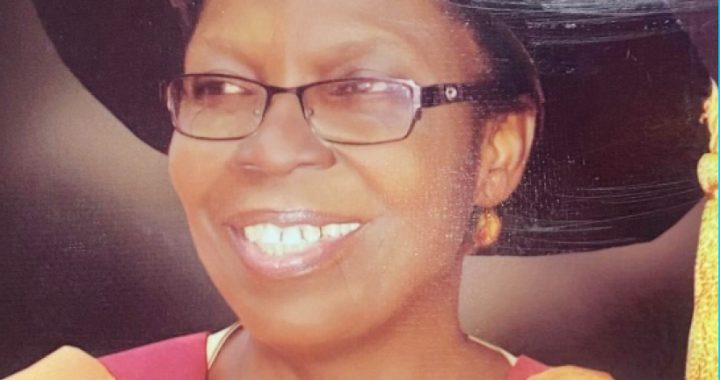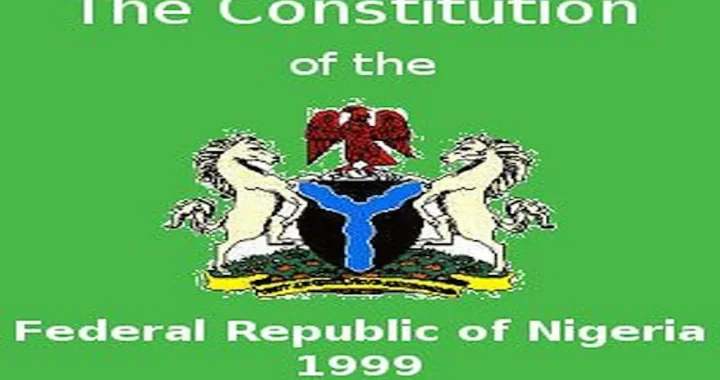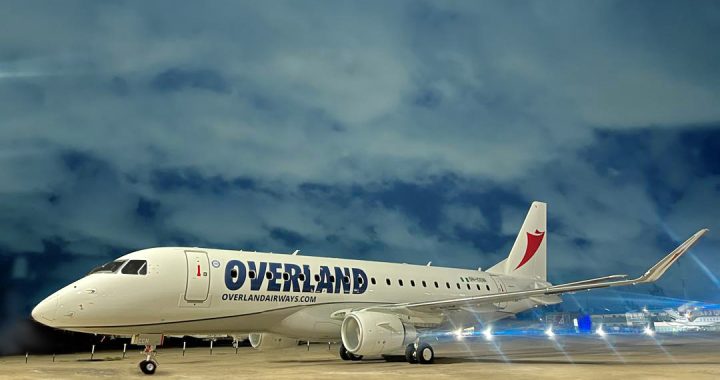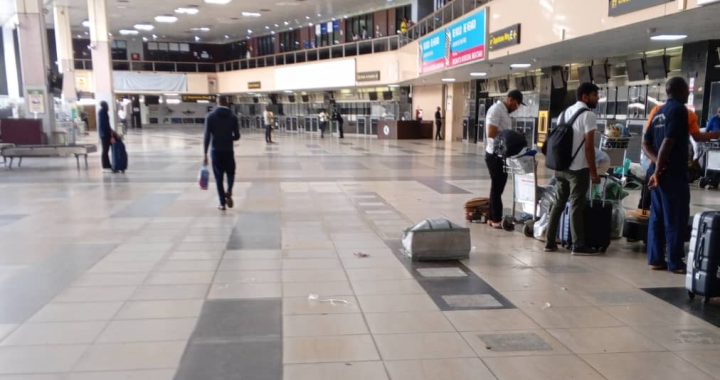FOREIGN EXCHANGE, AVIATION FUEL, IMPEDIMENTS TO SUCCESSFUL AIRLINE OPERATIONS- Obiora Okonkwo
3 min read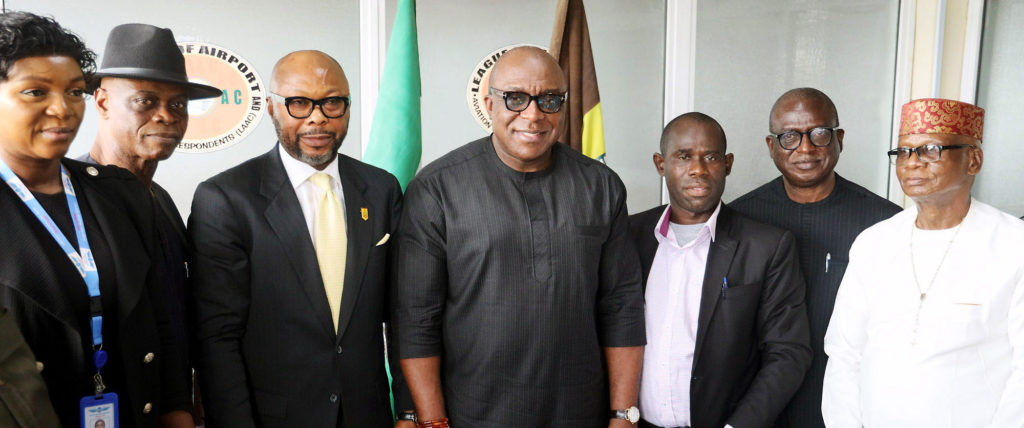
L-R: Training Mgr. United Nigeria Airlines, UNA, Babara Dan Asemah; Director, Flt Operatns, Chimara Imediegwu; Director Admin, Linus Awute; Chairman, UNA, Chief Obiora Okonkwo; Chairman, League of Airports and Aviation Correspondents, LAAC, Olusegun Koiki; Chief Operating Officer, Mazi Osita Okonkwo; and Director of Maintenance/Engineering, Allen Ihewiwa, during the UNA One Year Anniversary Press Briefing at LAAC secretariat, MMIA, Ikeja, Lagos. (Picture credit: Kola Alli)
For the aviation industry to contribute its rightful quota to the national Gross Domestic Product, GDP, the government must be at its wits end to ensuring availability of adequate foreign exchange, ensuring domestic production of aviation fuel and always being ready to nip in the bud, circumstances that could trigger their volatility before they constitute a clog in the wheel of businesses including air transport.
Giving the advice was the Chairman/Chief Executive Officer, United Nigeria Airlines, UNA, Dr Obiora Okonkwo, while felicitating with the publishers, editors and news correspondents who constitute members of the League Of Aviation And Airports Correspondents of Nigeria, LAAC-N, to commemorate the one year of successful operations of the airline.
He said the fluctuations in the foreign exchange rate is such that could make mincemeat of the best business strategy any finance pundit could develop as his guiding path.
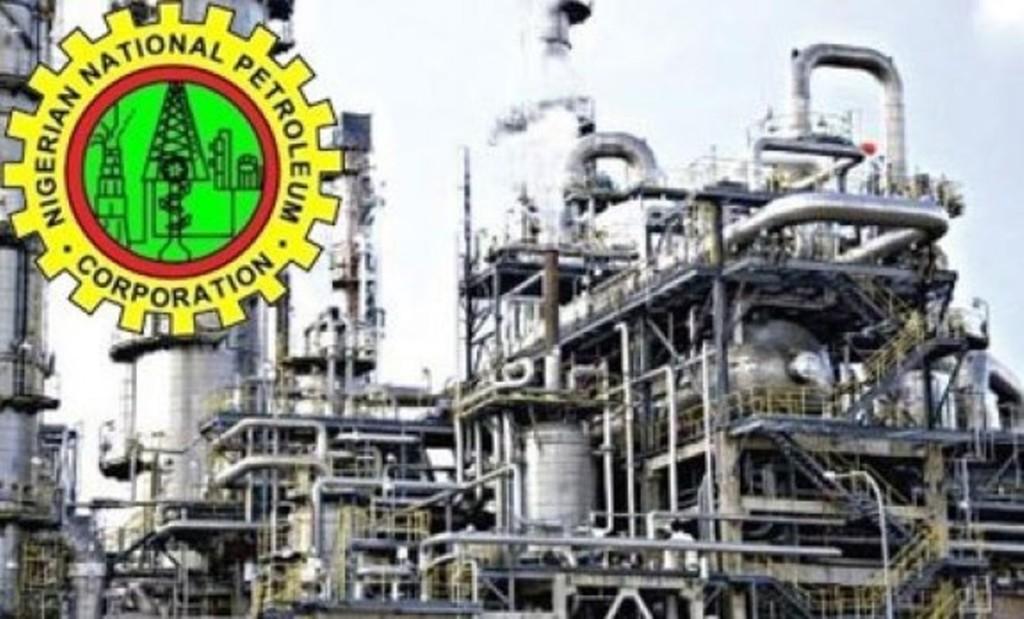
Dr Obiora thus highlighted grievous consequences that unstable foreign exchange rates could have on businesses especially the air transport sub-sector of the national economy.
He enunciated that in the year 2000, an hour flight in Nigeria costs $100 which by the exchange rate of that time was about two thousand naira only. (N2000.00k)
Juxtaposing with the current situation, over twenty years after, he reasoned that the current average fare of about N20,000.00/N23,000.00 is far lower than $100 (circa N50,000.00 now) which is the denominator for the cost of all spares and maintenance of an aircraft.
He said such a business condition surely will put stress on the business environment especially for a nation that manufactures fewer goods but depends mostly on imports for its spare parts and maintenance.
He further cited aviation fuel, Jet A1, as another albatross to profitable air transport operations in Nigeria.
The UNA helmsman, an industrial investor mogul, wondered about the sudden scarcity of aviation fuel often experienced which at times, was responsible for some of the delays.
No doubt that the price volatility he had experienced since the inception of the airline’s operations ostensibly made him bewildered.

Dr Obiora, an international businessman by all standards chuckled at his experience in regards to the rate aviation fuel price oscillates since the inception of the airline a year ago.
The UNA Chairman/Chief Executive Officer said when the airline took to the skies a year ago, aviation fuel was sold for N149 per litre. He asked rhetorically who could have been the pundit in Jet A1 volatility that would have predicted that in less than one year, the price would have also taken to the skies at N400?
Hence he appealed to the Aviation Minister, Nigerian National Petroleum Corporation, NNPC, and the Central Bank of Nigeria Governor, CBN, to give drastic attention to the domestic production of aviation fuel at a fair price.
Obiora Okonkwo however vowed that against all the odds, United Nigeria Airlines, UNA, is out for a long haul and all obstacles, the airline management will turn to step stone to fulfil its objective of serving the entire six geopolitical regions in the country.
He also revealed that by the time the airline’s fleet will be doubled, from its current four to eight, it will begin cultivating routes on the west coast of Africa before making forays into the African continent.
![]()




